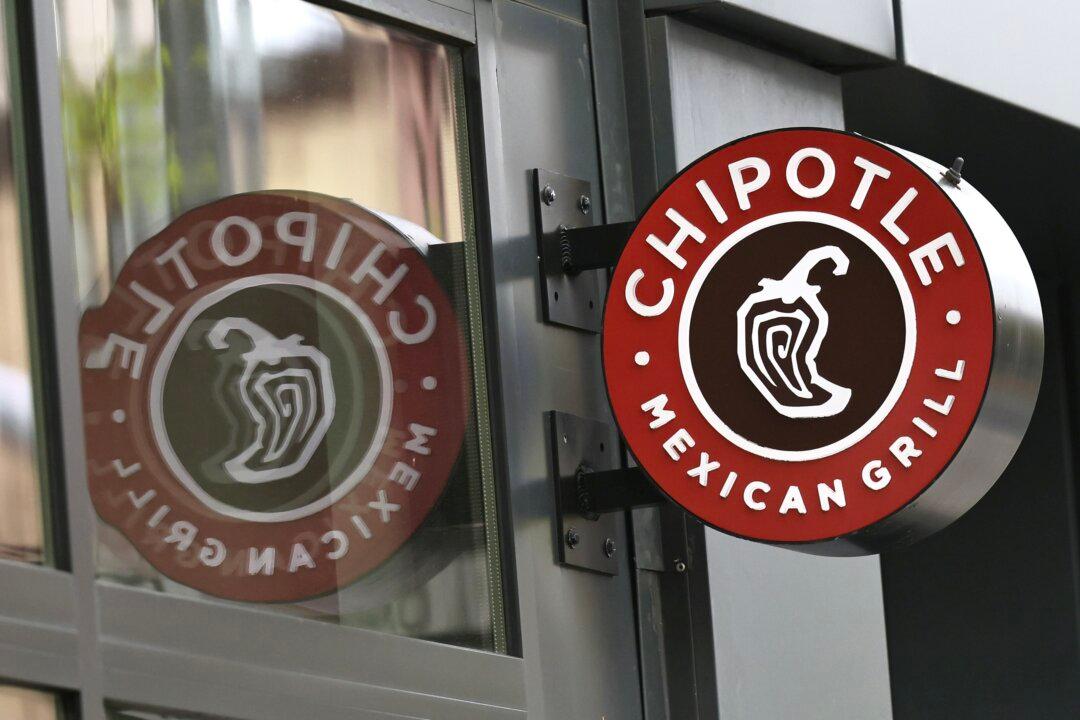Running a business in California is more difficult than in others due to the high cost of living, labor relations, and stricter regulations, according to Chipotle CEO Brian Niccol.
“Unfortunately, it’s getting harder versus being easier,” he told Bloomberg on May 4. “We have tremendous business in California. I wish it wasn’t as hard as it is to continue to operate, as well as open new restaurants, because I think we could grow our business even more.”





